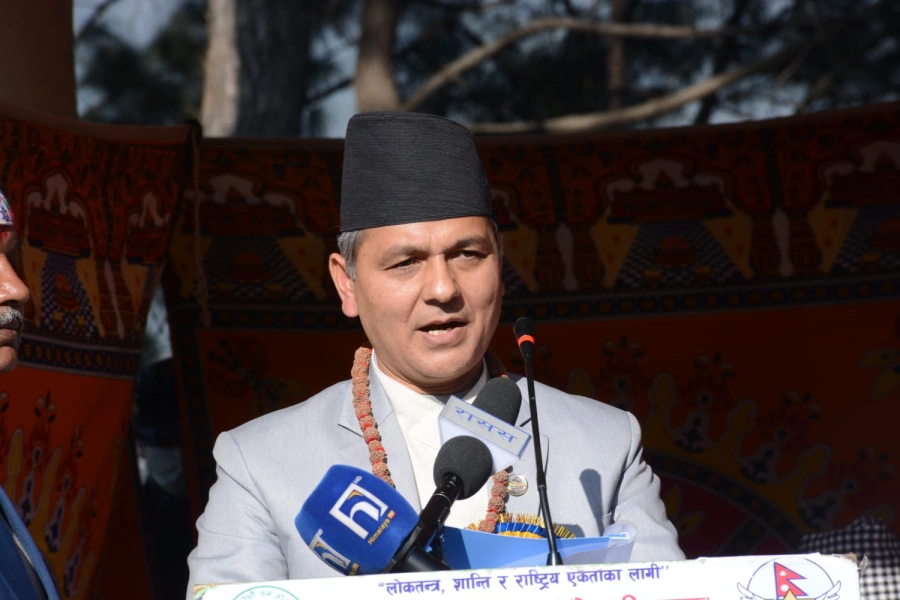BEIJING, Nov 30: China plans to take legal action against genetic scientist He Jiankui for genetically engineering female twins earlier this week, state officials said Thursday, denouncing the discovery as a violation of national laws and ethical principles.
In a televised newscast, Vice Minister for Science and Technology Xu Nanping said, “The genetically edited infant incident reported by media blatantly violated China’s relevant laws and regulations. It has also violated the ethical bottom line that the academic community adheres to. It is shocking and unacceptable.”
The National Health Commission of China is investigating the case and assured “offenders will be punished,” Commissioner Zen Yixin said.
Instagram launches separate Edits app for video editing

“With the rapid development of science and technology, scientific research and application must be more responsible and must follow ethical and technical standards,” Zen told China Central Television (CCTV).
Jiankui challenged international voluntary ethics laws after announcing a successful clinical trial in which he genetically edited embryotic twins to prevent contraction of AIDS and HIV infections. Jiankui used the Crispr technique, which injects modified genes into the sperm before implanting it in the mother’s womb.
The groundbreaking development was met with immediate criticism by medical professionals around the globe. Jiankui claimed he had the approval of the ethics committee at Hamonicare Shenzhen, but they have denied any involvement.
University of California-Berkeley researcher and co-inventor of the Crispr technique, Jennifer Doudna, said, “No clinical use should happen right now, until there is a broad societal discussion. We need to be very specific that if someone wants to proceed into the clinic, here are the criteria that have to be met."
Little is known about the long-term effects of genetic engineering and for that reason it has been largely condemned around the world. Scientists in Europe and the United States are strictly prohibited from practicing genetic medicine. China, too, outlawed gene-editing for fertility in 2003, Chinese officials told a press conference on Tuesday.





































